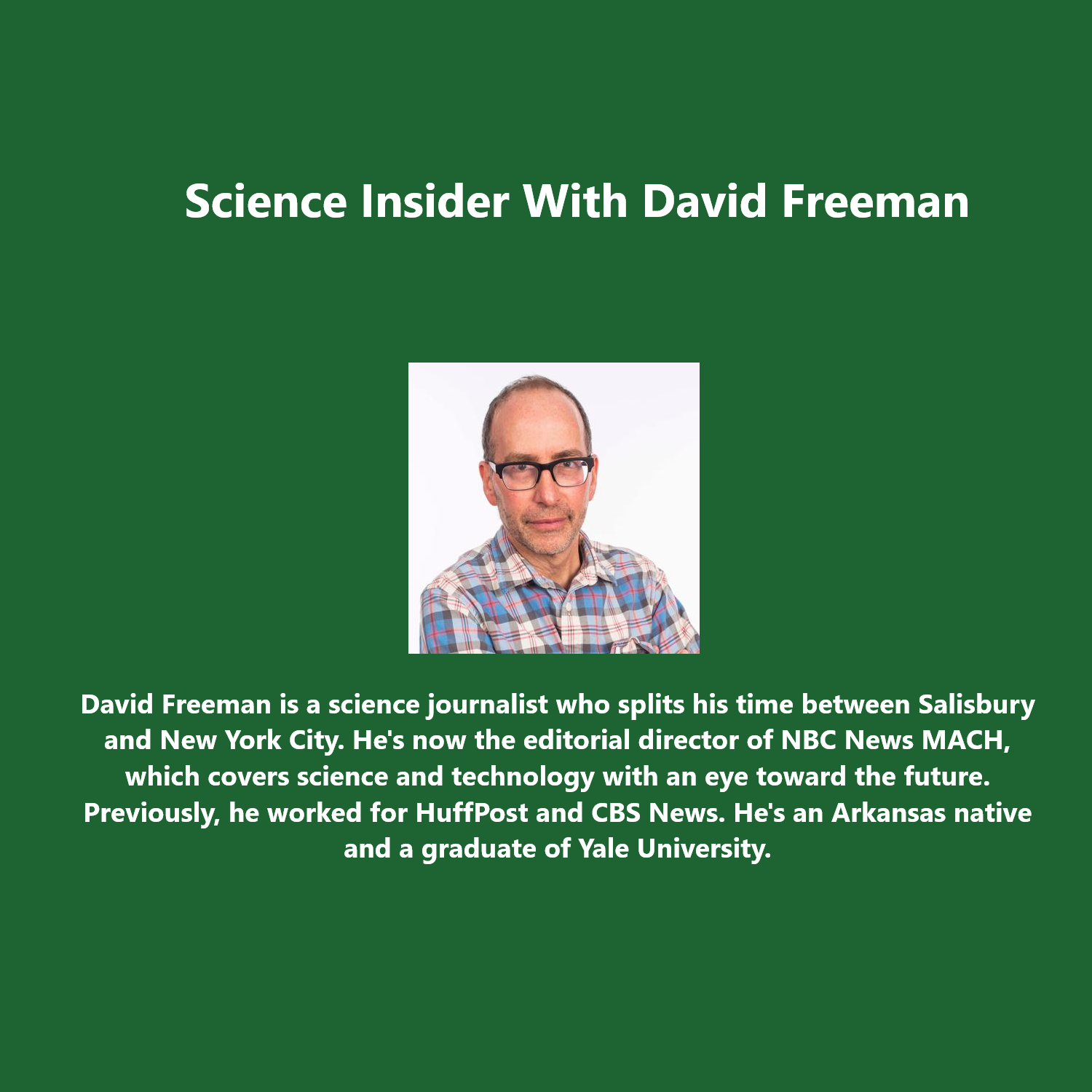
Seventy years ago, Erwin Schrdinger posed a simple, yet profound, question: What is life?. How could the very existence of such extraordinary chemical systems be understood? This problem has puzzled biologists and physical scientists both before, and ever since. Living things are hugely complex and have unique properties, such as self-maintenance and apparently purposeful behaviour which we do not see in inert matter. So how does chemistry give rise to biology? Did life begin with replicating molecules, and, if so, what could have led the first replicating molecules up such a path? Now, developments in the emerging field of 'systems chemistry' are unlocking the problem.
Addy Pross shows how the different kind of stability that operates among replicating entities results in a tendency for certain chemical systems to become more complex and acquire the properties of life. Strikingly, he demonstrates that Darwinian evolution is the biological expression of a deeper and more fundamental chemical principle: the whole story from replicating molecules to complex life is one continuous coherent chemical process governed by a simple definable principle.

Neil deGrasse Tyson is an American astrophysicist, author, and science communicator. Since 1996, he has been the Frederick P. Rose Director of the Hayden...

William Shatner has notched up an impressive 50-plus years in front of the camera, displaying heady comedic talent and being instantly recognizable to several...

We live in the age of Computer Business Systems (CBSs)—the highly complex, computer-intensive management programs on which large organizations increasingly rely. In Mindless, Simon...